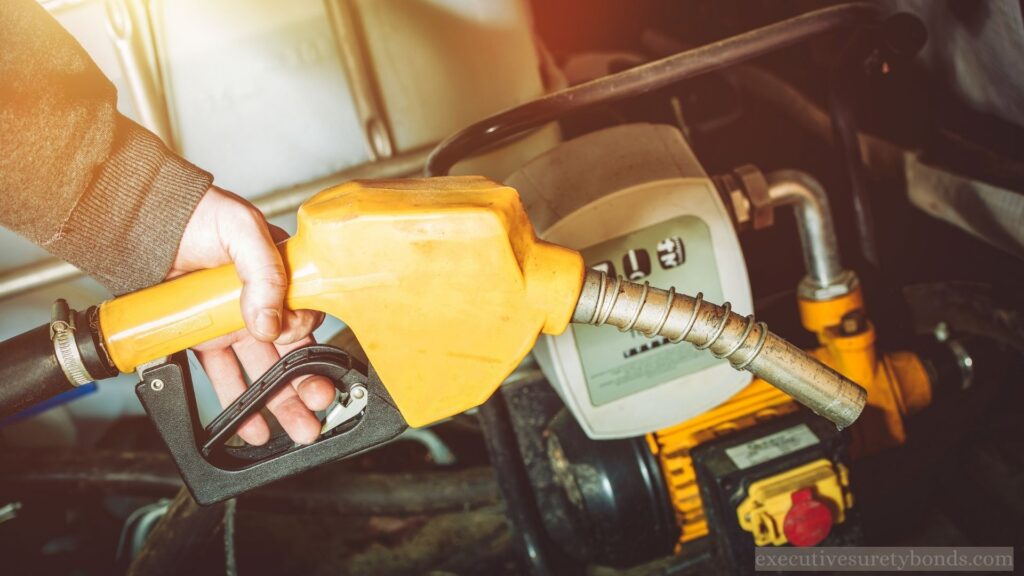Get An Instant Quote on Oklahoma Gasoline Diesel Fuel or Blending Material Excise Tax (BT-170) Bond Now
Introduction
In the heart of America’s energy landscape, Oklahoma plays a pivotal role in fueling the nation. To ensure the smooth flow of gasoline, diesel fuel, and blending materials within the state, the Oklahoma Gasoline Diesel Fuel or Blending Material Excise Tax (BT-170) Bond takes center stage. Far from being a mere financial obligation, this bond stands as a symbol of Oklahoma’s commitment to responsible energy taxation. In this article, we’ll explore the significance of the Oklahoma BT-170 Bond, its purpose, and how it sustains both the state’s economy and its energy legacy.
The Purpose of the Bond
The Oklahoma Gasoline Diesel Fuel or Blending Material Excise Tax (BT-170) Bond serves as a financial guarantee that distributors, suppliers, and importers of gasoline, diesel fuel, and blending materials adhere to state tax regulations. It ensures that these entities accurately report fuel production, pay the requisite excise taxes, and fulfill their financial responsibilities to the state. This bond is not just a financial safeguard; it represents Oklahoma’s dedication to fair and sustainable energy taxation.
Benefits for the State and Industry
- Steady Revenue Stream: The bond secures a consistent flow of tax revenue, supporting critical state services, infrastructure, and education.
- Environmental Responsibility: It encourages responsible handling and taxation of fuel and blending materials, contributing to environmental protection efforts in the state.
- Market Integrity: The bond upholds the integrity of the energy market by holding distributors and suppliers accountable for accurate reporting and financial compliance.
Regulation and Compliance
To obtain and maintain the Oklahoma BT-170 Bond, distributors, suppliers, and importers must strictly adhere to specific regulatory requirements outlined by the Oklahoma Tax Commission or relevant state authorities. Compliance includes accurate reporting of fuel production volumes, timely tax payments, and adherence to tax laws and regulations.
Conclusion
The Oklahoma Gasoline Diesel Fuel or Blending Material Excise Tax (BT-170) Bond is more than just a financial instrument; it’s a steward of responsible energy taxation. It ensures that distributors, suppliers, and importers of fuel and blending materials contribute their fair share to the state’s coffers while operating in an environmentally conscious manner. In a state where energy production is both an economic driver and a steward of the environment, this bond stands as a symbol of balance—aligning economic growth with ecological responsibility. It’s not just about the fuel that powers our vehicles; it’s about sustaining Oklahoma’s energy legacy for future generations. With this bond in place, Oklahoma’s energy sector can continue to thrive, its economy can flourish, and its natural beauty can endure. It’s a testament to the state’s commitment to ensuring that the energy within its borders benefits both its people and the environment they call home.


